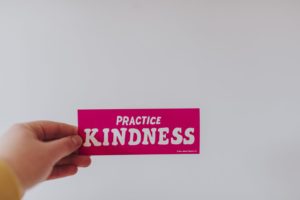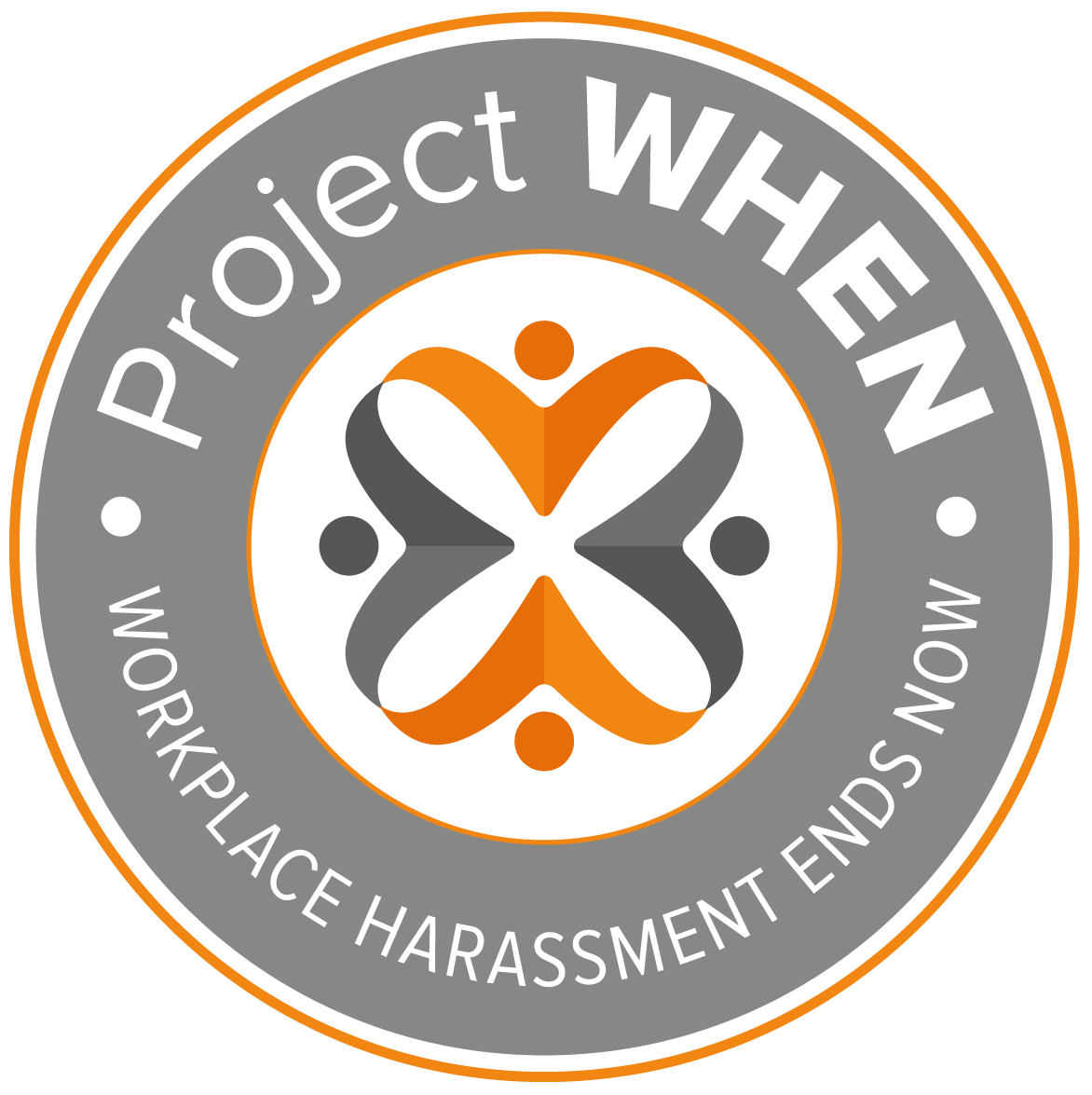Kindness Counts
 By Jamie Graceffa, Project WHEN Board Memeber
By Jamie Graceffa, Project WHEN Board Memeber
In my article, The Critical Skill of Developing a Positive Reputation, I discussed the importance of maintaining a good reputation. Kindness is often underestimated in the business world, or not even considered a necessary business behavior to hone and practice, but it is a key element of a positive reputation.
Some may believe that showing kindness at work is a sign of weakness. There are company cultures that model and reward what I refer to as work jerk behavior. Hopefully those organizations are far and few in between.
Being kind is defined as having, showing, or proceeding from benevolence. Most people consider themselves to be kind — or at least, not unkind — to others. In the busyness of everyday life, however, it can be easy to get tunnel vision and glaze over how kind or unkind we act toward the people we work with.
Take a moment and consider the past several workdays. Can you pinpoint at least five moments where you demonstrated kindness toward others? Or when someone demonstrated kindness to you? If you can, how did it make you feel?
People want to like the people they work with. Teams that that get along are more engaged, collaborative, innovative, and productive at work. A main ingredient to likability, is kindness.
Kindness may seem like a “nice to have” part of your reputation, rather than a critical part of it. But consider what work would be like if the kindness of others did not exist.
Kindness is a choice. It’s a decision one makes to be kind, or not. Now everybody has a bad day here and there, but if you are decidedly and chronically unkind it will hurt your career. Your co-workers will work around you, rather than with you which is never good. If you’re looking to make an internal career move, the potential new manager will of course look at previous performance reviews and ask questions about what you achieved and how you achieved it. You could be technically suited for the potential new role possessing all the skills and qualifications required, but if you’re viewed as moody, unapproachable, a complainer, a bully, and just plain mean, you will not get the job.
A Kind Mindset, and Getting to the Heart of Your Intentions
Every action has an intention behind it, or a designed purpose. What are your intentions, your true intentions as opposed to your disguised intentions, when interacting with people at work? A true intention is the reason why you are taking the action. A disguised intention is masking the reason why you are taking the action.
For example, you are in a meeting, and colleague is presenting an update on a key project. You start firing question after question, challenging their data, and you do so in a very direct, unsupportive, and rude manner. Another attendee of the same meeting pulls you aside when the meeting ends and asks you why you were so hard on the presenter. You reply that you care about the presenter, that you want the project to be successful, and that you were only trying to help.
If this is the case, it is your true intention. Your delivery is poor and you need to do the work to improve it, otherwise your true intention will not equal the impact on the presenter or anybody else you want to provide feedback to.
If this is not the case and you meant to embarrass the presenter or throw them off because they did the same thing to you at a previous meeting, then this is your true intention, and what you told the fellow meeting attendee was your disguised intention.
If your intentions are designed to hurt, embarrass, or hold somebody down, what are you trying soothe, heal, numb, or repair inside of yourself? If you pause for just a moment and think about your true intention, you may decide to tweak the action or do away with it all together. This is another great way to start to repair your reputation.
If your intentions are to help, support, or lift somebody up, then good for you! My guess is that your reputation is in good order and you model behavior that fosters collaboration, success, and teamwork.
Everyday acts of kindness and demonstrations of respect don’t have to be a big deal or take up a huge amount of your time. Some small acts of kindness might include:
- Seek to understand rather than assume the worst.
- Offer help.
- Bring a beverage to coworker.
- Give constructive feedback directly to a person rather than tell everybody BUT that individual what they could have done differently or better.
- Be inclusive; don’t leave others out.
- Listen; don’t shut down another person.
- Check in with a person if you see they’re upset or not themselves.
- Give credit when credit is due
So, are you kind at work? If you answered ‘yes,’ good for you. It will serve you well! If your answer was ‘no,’ find a mentor, friend, or coach who is exceptional at showing kindness to others. Learn from them; your career may depend on it.
This article was originally published by The Conference Board (May 20, 2016)
Jamie Graceffa is the author of Career Control: Love the Job You’re in or the One You Want, which speaks to the emotional connection we have with our work and provides pragmatic exercises along the way. His areas of expertise include job and career development, employee engagement, and team effectiveness. Jamie is a member of Project WHEN’s Board of Directors.






